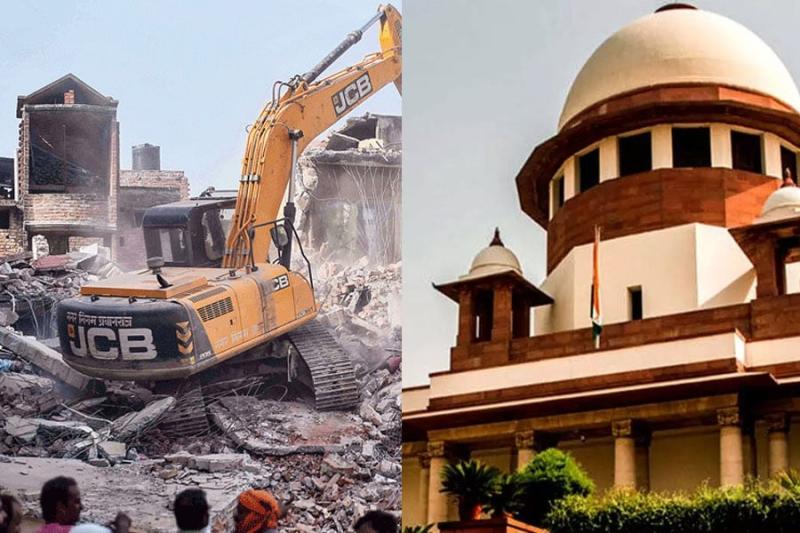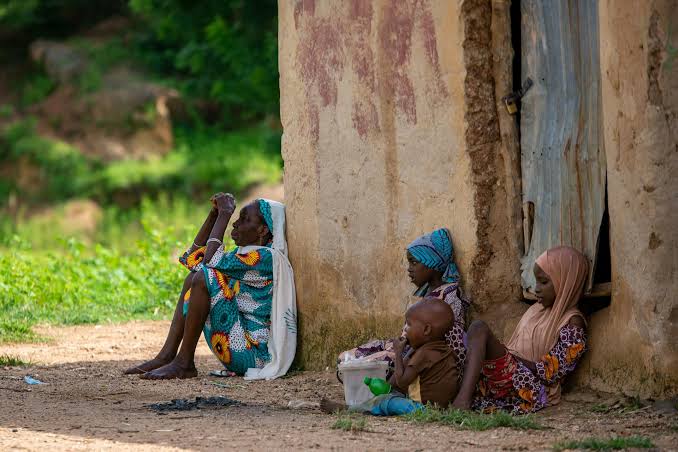DURING HEARING STATEMENT GIVEN BY SUPREME COURT ON BULLDOZER ACTION
The supreme court on bulldozer action given statement underscored that demolitions must follow due process, including providing proper notice and legal recourse to affected parties. Supreme Court judges B.R. Gavai and K.V. Vishwanathan emphasized that even if a person has been convicted, their property rights under the Constitution should not be curtailed, and any demolitions must be in accordance with municipal laws. They expressed their intention to establish nationwide guidelines to prevent abuse of executive power and ensure that such actions do not become a method of retaliation by state authorities. and supreme court on bulldozer action is very strict

The Supreme Court’s intervention represents a push toward restoring constitutionality and addressing concerns of bias in enforcement, a move that many legal experts see as essential to maintaining democratic principles. By considering a framework for monitoring bulldozer actions, the Supreme Court aims to balance law enforcement with the protection of constitutional rights.Supreme court on bulldozer action issue some guidelines
RECENT GUIDELINES THAT ANSURE BY SUPREME COURT ON BULDOZER ACTION;
1.Legal authority: The bulldozer action must be authorized by a valid legal order or specific legislation. The authorities must not act arbitrarily or without a legal basis.
2.Notice period: Adequate notice must be provided to the occupants of the property before demolition. They must be given a reasonable period to allow them to appeal or vacate.
3.Compliance with court orders: Demolitions must be carried out only if they comply with existing court orders, zoning laws and rules regarding land use.
4.Proper documentation: Prior to demolition, the authorities must document the condition of the property, including photographs and videos, to ensure transparency.
5.Right to appeal: Affected persons must be informed of their right to appeal against the decision before the High Court or the relevant tribunal.
6.Humanitarian considerations: The demolition must take into account the socio-economic conditions of the affected families, especially in cases involving residential structures.
7.No arbitrary action: The bulldozer action must not be based on arbitrary or discriminatory grounds, including caste, religion or political affiliation.
8.Advance consultation: Authorities should consult urban planners, civil society organisations and other stakeholders before carrying out demolitions in vulnerable areas.
9.Impact on children and vulnerable groups: Special care should be taken to minimize harm to children, the elderly and persons with disabilities in affected areas.
10.Alternative housing/compensation: Where possible, the government should provide alternative housing or compensation to people displaced by demolitions

11.Transparency in process: The process of selection for demolition should be transparent and available for public scrutiny to avoid abuse of power.
12.Environmental impact assessment: If demolition involves large-scale destruction of infrastructure, an environmental impact assessment (EIA) may be necessary.
13.Safety protocols: Strict safety protocols should be followed in demolition to avoid damage to public property, infrastructure and spectators.
14.Avoiding large-scale demolition without relief: Bulldozing action should not result in large-scale eviction without providing adequate relief or rehabilitation to displaced families.
15.Public awareness campaign: Local authorities should undertake public awareness campaigns informing people about zoning laws and legal implications of illegal constructions.
16.Judicial oversight: A designated judicial authority should monitor bulldozing action to ensure compliance with the law and avoid abuse of power.
17.Non-violence in enforcement: The force used during demolition should be minimal and non-violent. Law enforcement agencies should avoid the use of excessive force.
18.Regulation of demolition timing: Demolition should not take place during extreme weather conditions or at times that may cause undue hardship to affected persons.
19.Pre-demolition assessment: A thorough assessment should be carried out to verify whether the construction is indeed illegal or unauthorized before any action is taken.
20.Right to rebuild/repair: In cases of minor violations, affected parties should be given a chance to rectify the violations and rebuild or repair their property instead of demolishing it









